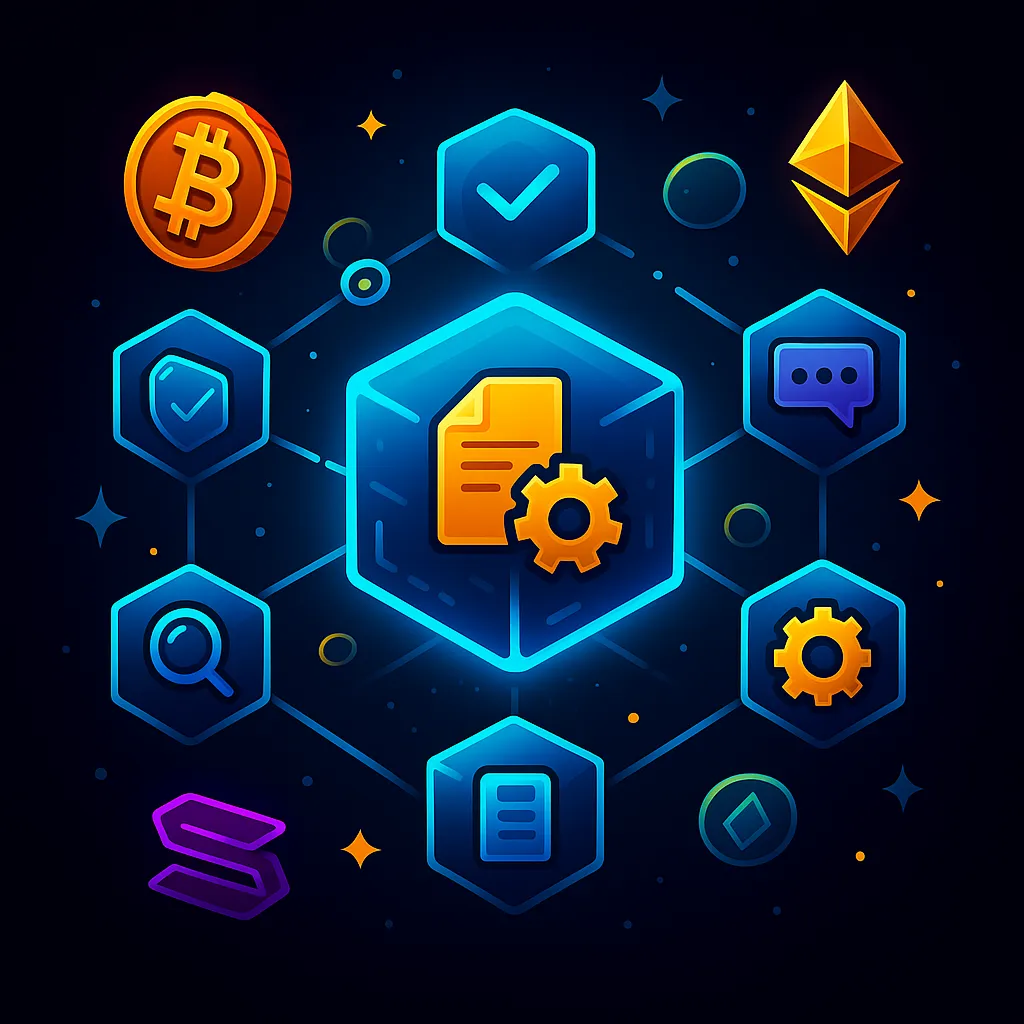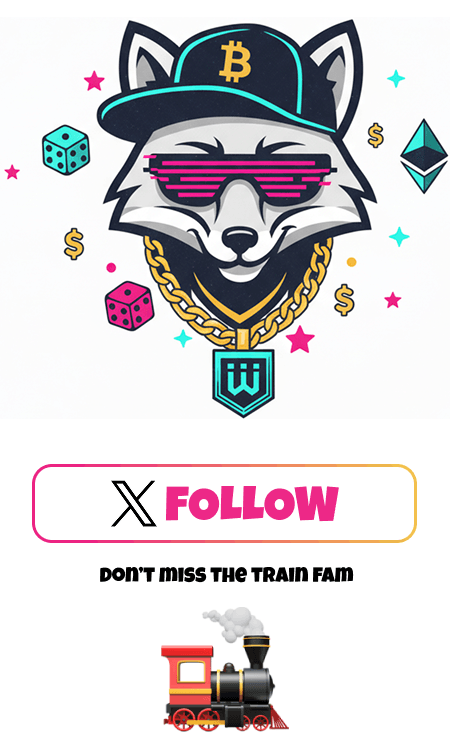If you’ve been around crypto for more than five minutes, you’ve heard the word blockchain thrown around like it’s magic. Everyone says “it’s on the blockchain” — but what does that actually mean?
Don’t worry, this isn’t gonna be some boring tech lecture. Think of this as the Web3 fam edition, packed with real-world examples. By the time you finish reading, you’ll be able to explain blockchain to your friends, your parents, or even that one guy in the group chat who still thinks Dogecoin is a pyramid scheme.
Keep reading and you’ll not only get blockchain — you might even be in the small % that uses it to actually make money, not just memes.
The Simple Idea
At its core, blockchain is just a special kind of database. But instead of being stored in one place (like your bank’s servers), it’s shared across thousands of computers worldwide.
- A block = a batch of transactions (like “Alice sent 1 BTC to Bob”).
- A chain = all those blocks linked together, in the exact order they happened.
- Once a block is added, it’s permanent — nobody can sneak in and change it.
So, blockchain = a giant, global, tamper-proof notebook where everyone writes at the same time, and everyone can check if the notes are real.
A Real-World Analogy
Imagine a casino game night 🎲.
- Every time someone bets, wins, or loses, you write it in a notebook.
- That notebook isn’t locked in the dealer’s office — it’s copied and given to everyone in the room.
- If someone tries to cheat (“Yo, I actually won 100 chips!”), everyone else can check their copy and say “nah bro, that didn’t happen.”
That’s how blockchain works — no single dealer, no “trust me bro,” just shared truth.
Why It Matters
- Transparency: Every transaction is public. You can literally see Snoop Dogg buying NFTs or a whale moving 10,000 BTC.
- Security: To hack a blockchain like Bitcoin, you’d need to control 51% of all the computers running it — nearly impossible at scale.
- No middlemen: No bank, no government, no casino boss taking a cut. Just code and math.
Real Brands Using Blockchain
- Visa & Mastercard are testing payments on blockchains to make them faster.
- Nike dropped digital sneakers on Ethereum (called .Swoosh) that you can flex in games.
- Polymarket (a betting platform) runs prediction markets fully on-chain, where people wager on elections, sports, or even “Will Bitcoin hit $100k in 2025?”
- Binance & Coinbase built their empires by being gateways to blockchain money.
Different Blockchains, Different Vibes
- Bitcoin: The OG — simple, secure, focused on money.
- Ethereum: Like an app store — you can build games, casinos, NFT projects, DeFi protocols on it.
- Solana: Super fast, low fees — popular for memecoins and trading.
- Polygon: Cheap and friendly — often used by brands like Starbucks or Reddit for NFTs.
Each blockchain has its own style, speed, and community — just like casinos in Vegas.
Risks and Reality Check
We’re not gonna cap: blockchains aren’t perfect.
- Some get congested (Ethereum gas fees hitting $50 during NFT mania).
- Some fail (remember Terra/Luna’s $60B collapse in 2022? No? Well, now you know).
- Scammers love to hype fake projects “on blockchain” to rug degens.
Still, the tech itself is solid. The failures come from humans trying to play too greedy.
Quick Takeaways for Beginners
- Blockchain = public, shared, tamper-proof database.
- Every transaction is recorded forever.
- It removes middlemen, but you still need to DYOR.
- Different chains = different use cases (money, apps, memes, gambling).
- Once you get it, the rest of Web3 starts making sense.
Final Word: Blockchain = The Trust Machine
Think of blockchain as the engine running under crypto, NFTs, Web3 games, and degen casinos. You don’t always see the engine, but without it, nothing moves.
And here’s the wild part: it’s still early. In 1997, most people didn’t get the internet. In 2009, nobody cared about Bitcoin. Today? Trillions of dollars, Fortune 500 brands, and millions of degens are building on blockchains.
So next time someone asks “How does blockchain work?” — you can smile and say:
It’s the global notebook of truth. And if we learn to use it properly, wagmi. 🚀


